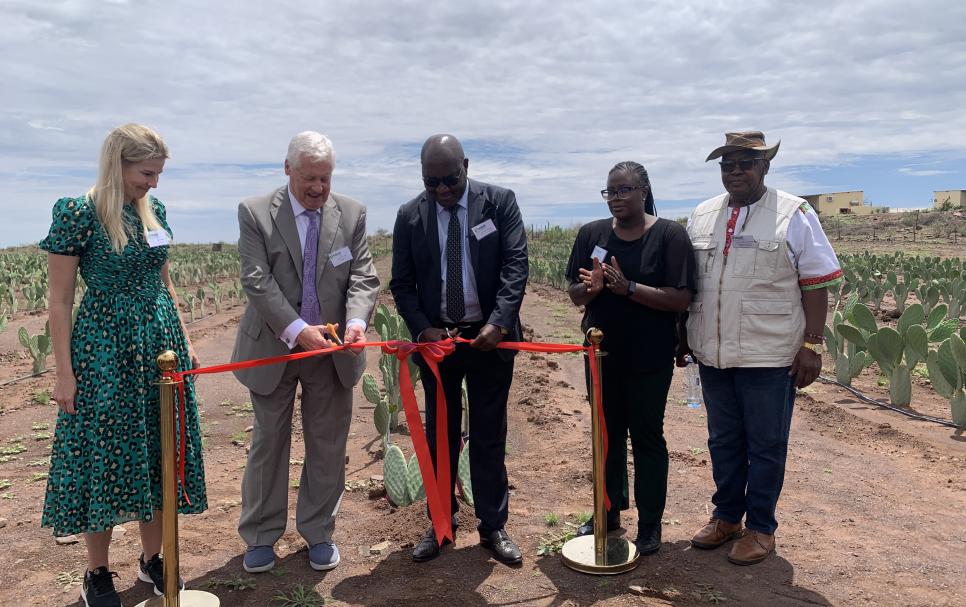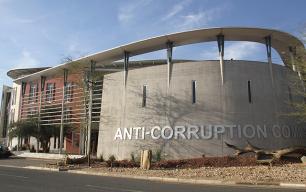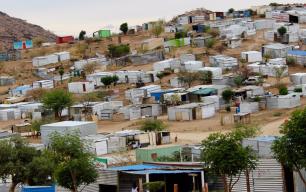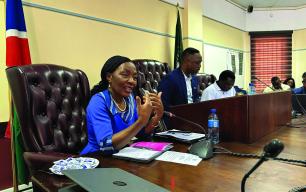Nopal Cactus Farm to Lead CO2 Sequestration Efforts (as 17,500 hectares of degraded land are earmarked for restoration)

The Namibian Investment and Development Board (NIPDB) facilitated the groundbreaking of the Nopal Cactus Namibia project, which is expected to mitigate the effects of climate change and environmental impacts by sequestering carbon dioxide emissions through the production of Opuntia Ficus-Indica cactus on Namseb Farm near Maltahohe yesterday.
A first of its kind in Africa, the first phase of the project will be developed on a 500-hectare scale and is valued at N$66 million, with further plans to expand to an overall size of 17,500 hectares at an estimated total investment cost of N$1.8 billion by 2028.
The project is expected to create 75 jobs—40 during the initial farming phase and 35 once bioenergy production commences—with thousands more jobs expected to materialize once the project is operational at full capacity.
The Opuntia Ficus-Indica (nopal) cactus species, which is native to Portugal, boasts drought-resistant qualities that can be used to generate energy-rich biogas through anaerobic digestion and fermentation processes, making the initiative one that holds potential in addressing renewable energy challenges by providing sustainable fuel alternatives and many other sustainably sourced by-products of high value.
The production of bioenergy, with a primary focus on renewable electricity, renewable LNG, renewable methane, and renewable carbon dioxide (which is earmarked for both the local and international markets), highlights Namibia’s broader efforts and commitment to reach zero carbon emissions by 2063.
Local cactus production will not only boost socio-economic benefits such as food (mainly juice concentrate, jam, syrup), fodder (animal feed), and job creation, but will put Namibia at the forefront of sequestering significant amounts of carbon dioxide, thereby generating carbon credits that can be sold in global markets, contributing to international emissions reduction goals.
As cacti are succulents, the plant species requires 80% less water than conventional plants and has the ability to not only release carbon dioxide during fermentation but also to capture and store the gas. This emphasizes its environmental sustainability, which aligns with Namibia’s goals to establish a desert-based economy.
In her keynote statement, delivered by Mateus Kaholongo, the Deputy Executive in the Office of the Vice President, President-elect Netumbo Nandi-Ndaitwah praised the Nopal cactus farm project as a pioneering initiative that embodies Namibia’s commitment to sustainable socio-economic development and environmental restoration.
She stressed that while Namibia’s drylands have been unattractive to agricultural productivity and economic expansion in the past, it is innovations like these that redefine the possibilities to ensure food security and other economic opportunities in Namibia’s arid regions.
“Through innovative solutions like the Nopal project, we are rewriting this narrative. By cultivating drought-resistant nopal cactus, we are transforming barren land into productive farmland, securing food and fodder supply, and creating new economic possibilities for our people,” Nandi-Ndaitwah reiterated.
Nandi-Ndaitwah emphasized the significance in Namibia’s journey toward energy independence, adding that with nopal-derived biogas, Namibia is well on its way to unlocking a renewable energy source that will provide a stable and sustainable baseload electricity supply, which will reduce the nation’s reliance on fossil fuels, enhance energy security, and position Namibia as a leader in the global clean energy revolution.
“This initiative reaffirms our commitment to tackling climate change, while ensuring a resilient and diversified economy for our people. The nopal cactus project stands as a symbol of resilience, feeding both people and livestock, while actively mitigating the effects of climate change,” she remarked.
Furthermore, Nandi-Ndaitwah stated that the existence of Nopal reflects Namibia’s commitment to enabling its investment climate with the assurance of a stable democracy, sound governance, and strong legal frameworks, and that the government will continue to offer investors the security and predictability that they seek.
“The NIPDB’s one-stop center was crucial in streamlining investor facilitation services, ensuring that the Nopal investors receive the necessary support to establish and expand their business seamlessly. Our government acknowledges that sustainable economic development requires a strong and collaborative relationship between the public and private sector… Congratulations to the Nopal team and all partners involved in this innovative project,” she concluded.
Speaking at the ceremony, partner in Nopal Renewable Energy Solutions (a Canadian company), Stephan McNeill said that the nopal cactus, which is hardier but spineless, is an ideal commodity that can help co-existing industries reduce costs by adapting to sustainable and renewable energy resources.
His Namibian partner, Nicole Maske, thanked the government, through the NIPDB, for easing the processes to get the project off the ground, and shared intentions to partner with other farmers to duplicate their project in order to achieve the 17,500-hectare threshold.
- 417 views










Comments